Educational Inception: A Metacognitive Self-Assessment on my Classroom Assessments in light of Assessment Theory

We are in the throes of the busiest time of the school year. My finals have been submitted to administration, I am wrapping up the last bit of content review, and preparing for the big show: finals, the ultimate assessment.
Every assessment has assumptions about learning. Moreover, teachers make assumptions about the students to whom they give these assessments. To critically reflect and evaluate my own assumptions, I am going to reflect on, evaluate, and discuss one of my most recent assessments.
I teach a section of AP Human Geography to Freshman, the first course to the AP Social Science pathway of classes at my school site. This course is a blend of study skills, creativity, technical iPad and app usage, and AP social science content. This year I decided to give the students a performance-based final in which they demonstrated both the technical and creative skills they cultivated throughout the year, as well as a demonstration of their content knowledge and critical analysis. Each student selected a slip of folded paper from a bowl on which was written the name of a random developing country. Each student would then spend the next two weeks, applying all that they learned throughout the year to this new country.
Here are the instructions and content distributed last week:
 Loading...
Loading...
This final assessment is a performance project in which, I hope, students will demonstrate all that they learned and acquired throughout the year—both in knowledge and skill.
While the final instructions do not capture this, students have been creating videos, infographics, podcasts, and generally tech and creative projects all year. The only difference in this scenario is that it coalesces these into one major project applied to a new situation—that is, a new country that they had not studied in depth.
However, there are some assumptions that I have made in the creation of this assessment:
- I have assumed that each country will be roughly equal in researching and developing their project.
- I have assumed that students already recall all the technical skills practiced throughout the year since I did not list them in the instructions (e.g., use of Garage Band, iMovie, Piktochart, etc.)
- I have assumed that students projects will demonstrate mastery of the content through the act of creating and producing something.
- I have assumed no distinction between the student who knows the skills already and the student who may ask for help or looks up how to do something technical in the creation of the video/infographic.
- Despite my articulation of the key content areas, I have assumed that students can move from the big picture identified areas to specific key concepts in that unit that are not directly mentioned. (e.g., Using a population pyramid to discuss the demographics of a country, etc.)
- I have assumed that students understand the difference between exceptional, good, moderate, and poor as expressed in the rubric without descriptions or examples of those terms in this assessment.
A few days ago, I reflected on assessments and their role in my classroom. I argued that assessments are thermometers, mirrors, and pageants. I use assessments to gauge learning as it is happening (thermometers), as a method of self-evaluation and metacognition (mirrors), and as a means to showcase or demonstrate their learning (pageants).
I believe this final is a clear example of the latter. Students are creating a project that they will showcase their learning throughout the year, applied to a new context.
This final assessment in Human Geography follows from the social-constructivist approach. According to Lorrie Shepard on this framework, assessments of this nature are “more open-ended performance tasks to ensure that students can reason critically, to solve complex problems, and to apply their knowledge in real-world contexts.” (Shepard, p. 8). In this specific assessment, students are asks to use their acquired thinking skills and knowledge to evaluate and demonstrate understanding concerning a new country.
However, my entire year’s worth of assessments did not all look like this. I certainly had many rot, raw knowledge, multiple choice exams as well. This approach is far more in line with the Behavioristic model of the 20th century. Concerning this framework, Shepard explains that tests were used “frequently to ensure mastery before proceeding to the next objective” and emphasized rot recall. (Shepard, p. 5) In part, the course must have some elements of this approach because students are measured by a standardized exam developed by the College Board at the end of the course. While some significant changes have come to AP World History and others that are more in line with the social-constructivist approach, such changes have not reached AP Human Geography.
Nevertheless, we educators in the trenches are masters at multitasking standardized exam content for test readiness and the far more critical task of deep learning through current and innovative means.
Shepard, Lorrie A. (2000). The Role of Assessment in a Learning Culture. Educational Researcher, 29 (7), 4-14.
Category: BLOG, MAET, PEDAGOGY
Tagged: AP, assessments, metacognition, theory

